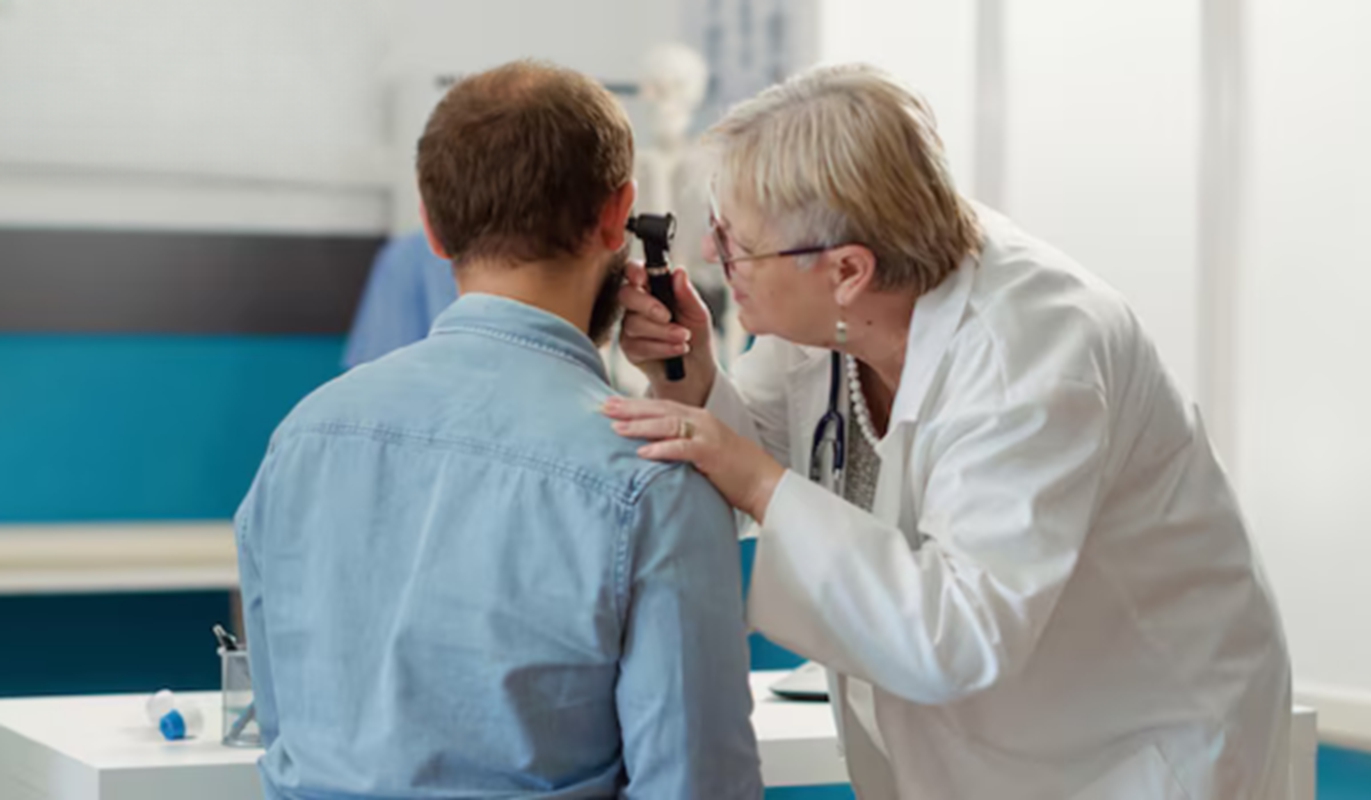Audiology is the science that studies and identifies hearing and balance disorders, and manages and provides treatment options to those with these disorders. Audiology helps improve communication, emotional health, and quality of life. Audiologists integrate acoustics, anatomy, and psychology to assist individuals of any age to achieve their goals through early identification and advanced hearing technology, including digital hearing aids and cochlear implants. Audiologists now, more than ever, are integrating technology and providing the best care for those with hearing loss or balance issues to ensure people are receiving the best support for improved hearing health and balance management.
The Role of Audiologists
Who Are Audiologists?
- Audiologists are people who work with hearing. They learn a lot about ears and the various problems that can come up with hearing.
- Becoming an audiologist means the person must go to school for a long time. They learn about ears, sounds, and how to help people hear better.
What do audiologists do?
- Test Hearing: Audiologists test for hearing ability with various equipment to see how soft and loud someone can hear sounds.
- Fit Hearing Aids: Audiologists assist with providing hearing aids if someone does not hear well. These are little machines that make sounds louder.
- Advice on Ear Health: They give advice for keeping ears safe and healthy (for example, earplugs in loud places).
Why are audiologists important?
- Make People Hear Better: Audiologists can help everybody, even kids and older people, to hear better.
- Teach About Ears: They also teach people to have good ear health to help avoid hearing problems in the future.
Diagnostic Techniques in Audiology
What are Hearing Tests?
- Hearing Tests: Audiologists perform specific test measures to determine how well you can hear. These measures are called hearing tests.
- What Tools Do Audiologists Use: They use different tools, like headphones and beep sounds, to check your ears.
Types of Tests
- The Whisper Test: An audiologist may whisper from a distance across a room to see if you hear them.
- The Beep Test: The audiologist has you wear headphones, and delivers beeps at different levels to determine the softest sounds that you can hear.
- The Tuning Fork Test: This tool is made of metal and, when it is tapped, it vibrates and produces sound. The audiologist uses this tool to measure how well you hear vibrations.
- Consequences: Hearing loss and some hearing problems can affect a child’s development (like children’s ability to talk, learning, and behaviour) when hearing problems are not identified early.
Why Hearing Tests are Important
- Understand your ears: These tests assist the audiologist in analysing what is going on with your ears and provide information on making your hearing better.
- Treatment plan: The audiologist considers the results of the tests when determining your options to successfully manage and improve your hearing.
Latest Advancements in Hearing Aids
Modern hearing aids now deliver clearer sound, greater comfort, and smarter features that enhance quality of life. Below are the most notable advancements:
- Smart and Digital Hearing Aids: These employ sound processing technology, including the use of digital processors, to improve sound clarity, lessen background noise, and set personal adjustments specific to the user’s level of hearing loss.
- Bluetooth Connectivity: Many other devices, including TVs, can connect to smartphones, facilitating hands-free streaming of calls and music directly to the user’s hearing aids.
- Rechargeable Models: The newest hearing aids are fitted with built-in rechargeable batteries, which increases ease of use and environmental friendliness.
- AI Technology: Adjusting to the user’s environment and listening tendencies, some models equipped with artificial intelligence alter their settings automatically.
- Invisible and Compact Designs: With some models being almost undetectable, hearing aids have become significantly smaller and lighter, catering to users who prefer unobtrusive options.
As a result of these advancements, users can now experience more convenience, personalisation, and power that enhance natural listening capabilities.
Choosing the Right Audiologist
Finding the right audiologist is key to managing your hearing health. Here’s what to consider and how to prepare for your first visit.
What to Look For
- Qualifications & Experience: Choose someone trained and certified in audiology with good experience.
- Recommendations: Ask friends or family for suggestions—they can point you to someone trustworthy.
- Location: Pick a clinic that’s easy to reach, especially if you rely on public transport.
- Services: Ensure the audiologist offers what you need, such as hearing tests, hearing aids, or tinnitus care.
Before Your First Visit
- List Health Info: Note any medical conditions and medications you take.
- Write Down Questions: Ask about hearing tests, results, or hearing aid options.
- Bring a Companion: A friend or family member can offer support and help remember details.
- Track Symptoms: Note when you struggle to hear—during calls, in crowds, or while watching TV.
The right audiologist will guide you through testing, treatment, and support for better hearing.
Conclusion
Audiology is important for enhancing communication and social interactions, as well as overall quality of life, by addressing hearing concerns. Through skilled care and technologies, audiologists enhance people’s hearing, which allows them to live fuller lives. If you or someone you care about has hearing loss, don’t wait; seek professional help as early as possible. Audiology can change your life.
















